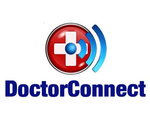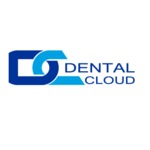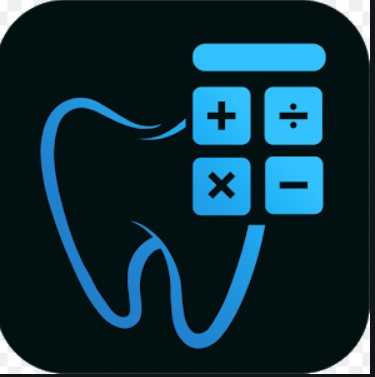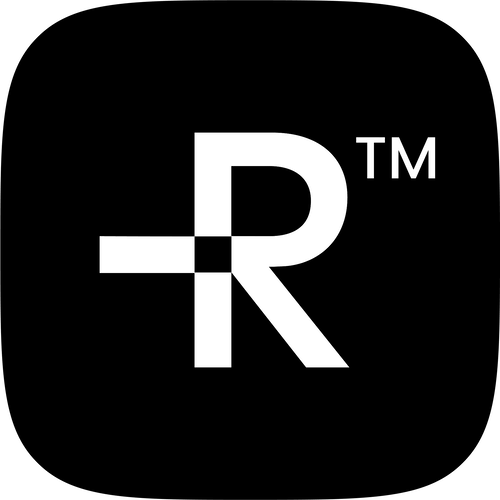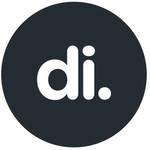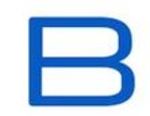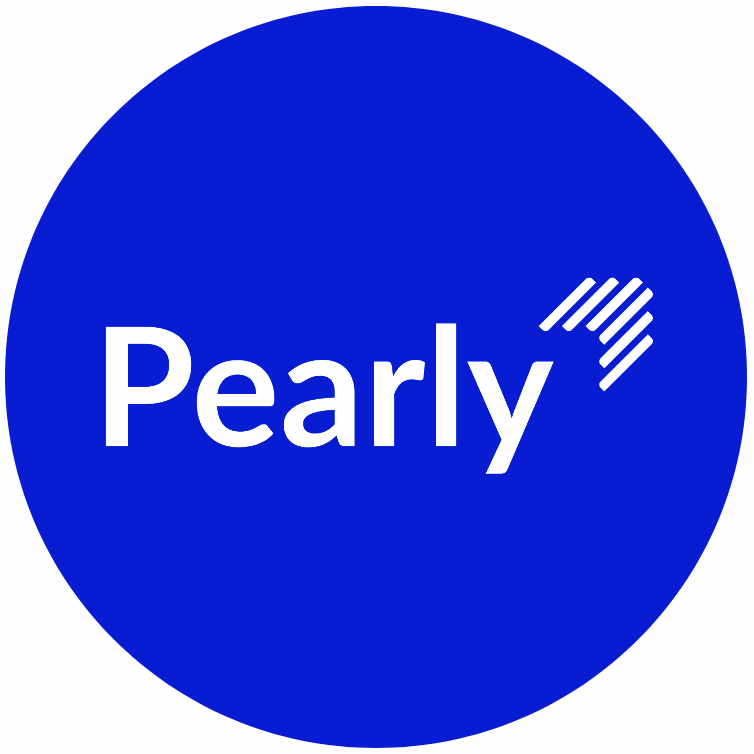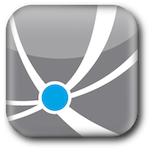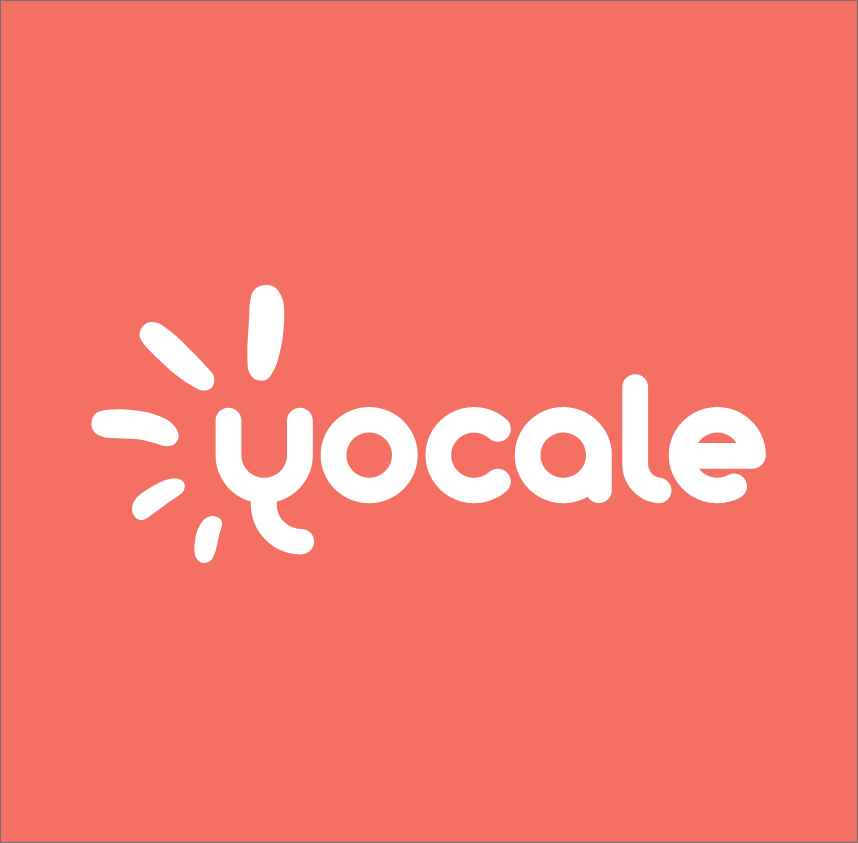What Is Dental Software?
Dental software is a specialized technology used to automate numerous processes and workflows in a dental clinic. It is a digital system with a variety of features to help dentists, assistants, and office personnel manage patient data, treatment plans, appointments, billing, and more. One of the primary advantages of dental software is its ability to centralize patient data, making it more accessible and up to date.
This reduces the need for traditional paper-based methods, which lowers the chance of errors and saves office space. Furthermore, several dental software solutions have cloud-based storage options, enabling secure and convenient access from any place. Another important feature of dental software is its capacity to enhance communication and collaboration among team members.
Messaging, task assignment, and shared calendars make it easy to manage patient care and ensure that all team members are on board. Furthermore, dental software can improve the patient experience by allowing for online appointment scheduling, digital forms, and appointment reminders. This saves time for both employees and patients, and it can lead to a more effective and structured office process.
Another important issue for dentists to consider is how the software integrates with other systems, including as imaging equipment, diagnostic devices, and electronic health records. This enables for a more efficient flow of information and better decision-making in patient care. When investing in dental software, it is critical to select a system that is user-friendly and adaptable to your practice's specific requirements.
Consider elements such as patient education materials, treatment planning tools, and reporting capabilities to help increase care quality and operational efficiency. In conclusion, dental software is an essential tool for modern dentistry practices, providing numerous benefits such as increased productivity, communication, patient experience, and data management. By carefully comparing the features and capabilities of numerous software alternatives, you may select the ideal solution to fit your practice's requirements and improve overall efficiency.
What Are The Recent Trends In Dental Software?
The world of dental software is constantly evolving, with new trends and developments emerging at a rapid rate. It may be tough for buyers to keep up with these changes and determine how they will benefit their practices. In this buyer's guide, we'll look at the most recent advances in dental software that you should be aware of before making a purchase.
1. Cloud-Based Solutions: One of the most major advances in dentistry software has been the transition to cloud-based solutions. This refers to software that is hosted on remote servers and accessed over the Internet. This eliminates the need for costly on-site servers and allows for easy access to patient data from anywhere, making it perfect for multi-location clinics and remote work. Cloud-based software also keeps your data secure and routinely backed up, providing you peace of mind regarding your practice.
2. Integration With The Electronic Health Records (EHR): With the increased usage of electronic health records (EHR), dentistry software has begun to connect with these systems. This allows for the easy sharing of patient information among different healthcare personnel, which improves communication and patient care. It also eliminates the need for manual data entry, which saves time and reduces the possibility of errors.
3. Artificial Intelligence (AI): AI is revolutionizing the dental industry, and dental software is no exception. Artificial intelligence is currently being used in innovative software solutions to aid with diagnostic imaging, treatment planning, and patient communication. This not only improves the precision and efficiency of these duties, but also frees up dental practitioners' time to focus on other aspects of patient care.
4. Mobile Applications: Mobile applications are increasingly popular in the dental software industry. These apps allow users to schedule appointments, receive treatment information, and even make payments right from their phones. These apps assist dental clinics increase patient interaction and speed up administrative tasks, resulting in improved patient satisfaction and retention.
5. Patient-Management Features: In today's fast-paced world, patients want healthcare providers to be accessible and efficient. As a result, dental software now includes patient management features including online appointment scheduling, virtual consultations, and secure messaging. These features not only enhance the patient experience, but also assist dental practices organize and communicate more effectively.
Benefits Of Using Dental Software
Dental software has evolved into an indispensable tool for modern dental clinics, helping to streamline operations, improve patient care, and increase efficiency. Every day, more innovative and user-friendly features are launched, and dental software evolves to meet the industry's ever-changing needs. In this buyer's guide, we will go over the advantages of utilizing dental software, allowing you to make an informed decision when selecting the best software for your office.
1. Increased Efficiency: One of the most major advantages of adopting dental software is its capacity to improve efficiency in your office. Automated features such as appointment scheduling, patient reminders, and digital charting make previously time-consuming and error-prone procedures easy to do with a few clicks. This not only saves time, but also allows your personnel to focus on providing high-quality treatment to patients.
2. Improved Patient Care: Dental software provides a variety of capabilities that can have a direct impact on patient care. Dentists may now keep and access patient records, treatment plans, and digital x-rays, allowing them to give more accurate and timely diagnosis and treatments. Furthermore, patient communication solutions like automatic reminders and patient portal access enable more personalized and efficient communication, resulting in higher patient satisfaction.
3. Enhanced Financial Management: Another big benefit of adopting dental software is that it can help your practice's financial management. Dental software, with capabilities like as electronic claims processing and automated invoicing, helps to decrease errors and speed up the reimbursement process, resulting in increased cash flow. Furthermore, extensive financial data enables you to monitor practice performance and make sound business decisions.
4. Improved Inventory Management: Dental software also includes inventory management tools that allow you to track and manage your practice's supplies and equipment. With the flexibility to set reorder levels and get low stock warnings, you can minimize shortages and keep your practice going smoothly. This saves time and money while also ensuring that you have all of the resources needed for your patients' therapies.
5. Improved Security And Compliance: Dental software is built with security and compliance in mind, ensuring that patient and office data are safely kept and handled. Role-based access and data encryption improve security, while automated backups protect your data in the event of a system failure. Additionally, dental software assists offices in remaining compliant with HIPAA rules, decreasing the danger of significant fines and penalties.
Important Factors To Consider While Purchasing Dental Software?
When looking for the best dental software, it is critical to examine many crucial elements in order to make an educated decision. These factors can have an impact on your dental practice's productivity, accuracy, and profitability. To help you navigate this purchasing process, we've identified some key criteria to consider when selecting dental software.
1. Functionality And Features: The software's functionality and features are the most important considerations. It should include critical features including patient scheduling, electronic charting, treatment planning, billing and coding, and electronic claims submission. Also, search for features that are tailored to your practice's needs, such as perio charting, imaging integration, and patient reminders.
2. User-Friendly Interface: A user-friendly interface is essential for effective and seamless engagement with software. It should be designed to be simple and straightforward, with easy navigation and labeling. This not only saves time, but also shortens your employees' learning curve, allowing them to adjust fast to the new program.
3. Compatibility And Integration: Before making a purchase, make sure that the dental software works with your existing hardware and other systems, including as imaging equipment and practice management software. This will eliminate technological obstacles and allow for seamless integration and data transfer.
4. Training And Assistance: Adequate training and assistance are required for the successful adoption and use of dental software. Look for providers who give full training, either onsite or virtual, as well as continuing technical support to ensure a smooth transition and optimal usage of the program.
5. Data Security And Compliance: In today's digital world, data security is critical, particularly in the healthcare sector. Make sure the dental software you purchase adheres to industry standards and laws, such as HIPAA compliance. It should also include reliable backups and data encryption to protect patient information.
6. Cost And ROI: When choosing dental software, consider the cost as well as the prospective return on investment (ROI). While cheaper choices may appear appealing, they may not include all of the necessary capabilities and features, resulting in increased costs down the road. A higher-priced software may include more advanced capabilities that will save time and enhance income in the long run.
7. Reputation And Client Reviews: To learn more about the dental software provider's products and services, look into their reputation and read client reviews. Look for comments from practices like yours to discover how the software has improved their operations. This will offer you a better understanding of the software's dependability and functionality.
What Are The Key Features To Look For In Dental Software?
Draft When looking for the best dental software for your office, you must assess which features are critical to increasing your efficiency and patient care. With the ever-changing technology in the healthcare business, it's critical to invest in dental software that provides cutting-edge capabilities to streamline your office and improve the entire patient experience. Here are the important characteristics to look out for while searching for dental software.
1. Electronic Health Records (EHR) Management: A reliable dental software should include an EHR management system that allows you to securely store and access patient information. This tool allows you to keep all of your patients' information in one location, making it easier to manage their history and treatment plans.
2. Treatment Planning And Scheduling: Choose dental software that includes complete treatment planning and scheduling functions. This should include the ability to set up and track appointments, automate reminders, and manage numerous schedules for your staff.
3. Imaging And Charting: The software should have extensive imaging and charting features, including the ability to record and save digital x-rays, intraoral pictures, and 3D scans. This function not only saves time and money over traditional film methods, but it also provides superior diagnostic capabilities.
4. Insurance And Billing Management: Any dental software should include a function that makes it easier to verify, bill, and process claims. It should also allow you to generate and track bills, as well as provide various payment choices to patients.
5. Integration With Other Systems: Look for dental software that works with other practice management systems, like accounting and patient communication software. This enables a more seamless and effective workflow.
6. Mobile Access: In today's fast-paced environment, having dental software that allows for mobile access is quite beneficial. The ability to manage appointments, patient records, and other work while on the go can significantly increase your practice's efficiency.
7. Patient Communication: Choose dental software that includes automatic reminders, online appointment booking, and secure texting. This not only increases patient happiness, but also lowers no-shows and last-minute cancellations.
8. Training And Technical Support: Investing in dental software is a serious choice for your business, so make sure the provider provides extensive training and technical assistance to help you make the most of the software's capabilities.
Why Do Businesses Need Dental Software?
Dental software has evolved into an essential tool for today's dental clinics, helping them to manage patient data, appointments, and financial transactions more efficiently and effectively. Why should businesses invest in dental software? Let's look at the main reasons:
1. Simplify Administrative Tasks: Running a dental practice necessitates a range of administrative tasks, including scheduling appointments, storing patient information, and handling invoicing and insurance claims. Dental software can automate these tasks, saving practices time and resources while allowing them to focus on providing excellent care to their patients.
2. Increased Efficiency And Productivity: Dental software consolidates all patient data and records into a single area, reducing the need for manual filing and paperwork. This allows for faster access to information and more effective workflow, resulting in increased production for the practice.
3. Improved Patient Experience: Dental software enables offices to provide more personalized and smoother patient experiences. Patients may easily access and communicate with their dental team using online scheduling and appointment reminders, electronic forms, and secure messaging, leading to increased satisfaction and loyalty.
4. Increased Accuracy And Compliance: Paper-based record-keeping is prone to human mistake, which can lead to billing and insurance claim inaccuracies, resulting in financial losses for the practice. Dental software electronically stores and backs up all data, ensuring accuracy and adherence to industry regulations.
5. Comprehensive Reporting And Analytics: Dental software contains powerful reporting and analytics tools that provide valuable insights into a practice's performance. This data can help firms identify areas for improvement and make better informed decisions to improve operations and revenues. Finally, dental software serves to streamline administrative tasks, increase efficiency, improve the patient experience, maintain accuracy and compliance, and provide valuable insights to dental clinics. Investing in robust and user-friendly dental software can provide significant long-term benefits to firms.
How Much Time Is Required To Implement Dental Software?
The time required to integrate dental software varies based on the software used and the dental practice's demands. On average, the implementation procedure can last from a few weeks to a few months. The first stage in deploying dental software is to verify that all of the required hardware and systems, such as computers and servers, are in place.
This can take anywhere from a few days to a week, depending on the practice's size and existing infrastructure. Next, install and configure the dental software. This procedure might take anything from a few days to several weeks, depending on the software's sophistication and the extent of customisation requested by the practice. Once the software is implemented, staff must be trained and familiarized with the new system.
This can take anywhere from a few days to a week, depending on the number of employees and their level of expertise with technology. Proper training and practice with the software can assist minimize overall implementation time and ensure a smooth transition. Following initial training, there may be a period of trial and error while the practice adjusts to the new software.
This can take several weeks or months as the workforce learns accustomed to the software's capabilities and workflows. Overall, the deployment process for dental software might take many weeks or months, but the benefits of streamlining and optimizing operations make it a worthy investment of time and resources.
What Is The Level Of Customization Available In Dental Software?
When it comes to dental software, customisation can significantly improve the user experience and overall productivity of your office. Different practices have different demands and workflows, thus the ability to tailor the software to meet those needs is essential. So, what level of customisation is allowed in dental software? Well, it depends on the software you select.
Some dental software provides limited customization, allowing you to add your practice logo, create patient communication templates, and make modest modifications to the UI. Others provide a more detailed level of customization, allowing you to adjust the software to your specific workflow and preferences. When evaluating dental software customization possibilities, it is critical to examine the amount of complexity and convenience of use.
You want to ensure that any modification options provided are user-friendly and do not necessitate substantial training or technical expertise. After all, the goal of customisation is to improve the software's efficiency, not to add new problems. Third-party application integration is another important consideration. Many dental software companies include interfaces with other widely used products, like as accounting software or patient scheduling platforms.
This enables you to develop a streamlined workflow and avoid duplicating efforts across platforms. However, not all software has this option, so consider your integration requirements before making a decision. Finally, the level of customization offered by dental software might vary substantially. It is critical to examine your practice's individual demands and procedures before selecting software that provides the appropriate level of customization to suit them.
Make sure to properly investigate and trial multiple software solutions to see which one provides the customization options that are most appropriate for your practice's goals. This ensures that you get the most out of your dental software investment while also increasing the efficiency of your practice.
Which Industries Can Benefit The Most From Dental Software?
dentistry software has evolved into a vital tool for today's dentistry practice. Dental software has various benefits, including reducing administrative processes and improving patient care. However, dental software does not assist all industries equally. In this buyer's guide, we'll look at which sectors can profit most from dental software.
1. Dental Practices: Dental practices can undoubtedly benefit immensely from dental software. Dental software, which includes electronic health records (EHR), appointment scheduling, and invoicing, can help a dental practice's day-to-day operations run more efficiently. This allows dentists to spend more time on patient care rather than administrative responsibilities.
2. Dental Laboratories: Dental laboratories can also benefit from dental software. Dental software can increase the efficiency and accuracy of laboratory workflows by include capabilities like digital imaging and CAD/CAM integration. This leads to faster and more precise prosthetic manufacture, ultimately increasing the overall quality of their products.
3. Dental Schools: Dental schools can considerably benefit from incorporating dental software into their training curricula. Students can practice charting and treatment planning with realistic virtual patients to prepare for real-world situations. Dental software can also help students track their progress and receive comments from teachers.
4. Government And Public: Health Organizations Dental software can help government agencies and public health groups enhance community oral health. Dental software, which includes population health management features, can assist these organizations in tracking and analyzing oral health data, identifying patterns, and developing plans for improving overall oral health.
5. Insurance Companies: Dental software might also be useful in the insurance market. Dental software, which includes features like claims processing and automatic eligibility verification, can expedite the insurance process and decrease errors, resulting in faster and more accurate claims processing for both the insurance company and the dental practice.
Conclusion
To summarize, selecting the appropriate dental software is critical for the success and efficiency of any dental practice. Throughout this buyer's guide, we have discussed the key features and variables to consider while making this critical selection. First and foremost, evaluate your practice's specific needs and goals. This will assist you in determining the features and functionalities that your dental software must include.
Understanding your needs, from appointment scheduling and patient record administration to billing and imaging capabilities, is critical when choosing the appropriate software for your clinic. Furthermore, the software's usability and ease of application are crucial. You want a solution that your staff can easily adjust to and use without significantly disrupting your workflow. Investing in a user-friendly platform will ultimately save you time and resources.
Furthermore, ensure that the software is safe and HIPAA compliant, as patient confidentiality and data protection are critical in the healthcare industry. Look for software that provides regular upgrades and dependable customer assistance so that any difficulties or concerns may be addressed quickly. Another important consideration is the cost of the program, which includes any initial fees as well as recurring subscription or maintenance payments.
While staying within your budget is important, you should also examine the software's long-term benefits and ROI. Finally, take advantage of the free trials and demos provided by most dental software companies to gain a sense of the product and its capabilities. It is also beneficial to read reviews and seek advice from other dental professionals who have used the program.
You may choose the best dental software for your office with confidence by carefully examining your demands, taking into account the software's functionality, security, and pricing, and taking advantage of samples and reviews. We hope this buyer's guide helped you make an informed selection.

